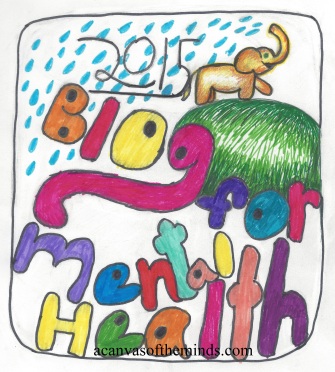There’s a lot of drama of late about the political correctness of wishing someone a Merry Christmas. Although the goal of political correctness is to help people be less offensive, it seems to have created the opposite effect. It sort of defeats the purpose to post something like, I’m wishing you a Merry Christmas, damn it! And you can’t stop me! That’s not very merry at all.
I have mixed feelings about political correctness. My main problem is that any rule about what you should not say becomes a source of anxiety for me. I’m so terrified of saying the wrong thing that I err on the side of not saying anything at all. Which can also be construed as offensive.
Perhaps the more pertinent question is whether it should be our goal to avoid offending other people. While that has always been my goal, I’m not sure it’s always a healthy one–in part because it’s impossible to achieve.
In my relationships, one of my biggest problems was that I tried to get the other person to say things that I thought would make me feel better about myself. But even when they said them, they didn’t actually make me feel better about myself. Because in reality, if you don’t feel good about yourself, it doesn’t really matter what anyone says to you.
Now I preach the importance of controlling what you can control. I tell clients that you can’t control what other people say or do; you can only control your own behavior. You can stand up for yourself, or leave the room, or end the relationship, but you can’t force the other person to be respectful. And I’m trying to practice what I preach, too, which is why I’m single.
Wouldn’t the same logic apply to political correctness? I mean, if someone thinks less of me because I am a woman or because I’m Asian or because I struggle with depression, it doesn’t make a difference to me if they call me a woman instead of girl. Or Asian American instead of Oriental. Or a person with depression instead of a crazy person. I would still know their judging me.
I do my best to practice accepting everything that makes me who I am, but I don’t expect other people to do the same. But if they don’t, I try not to waste my time on them any more.
Plus, there are lots of things that people say that offend me that are not covered under political correctness. Like talking about politics, in general. In fact, I think the world would be a better place if unsolicited comments about politics were considered politically incorrect.
The holidays are supposed to be about spreading good cheer, generosity of spirit, and peace on earth. OK, maybe peace on earth is a stretch, but we are certainly capable of the other two. So rather than focusing on what we shouldn’t say, perhaps we can focus on communicating these sentiments genuinely, and hope that the other person will receive our well wishes as the gift that they are intended to be.







Amen to that! And I hope that doesn’t offend you:)
LikeLiked by 1 person
Thanks! It doesn’t 🙂
LikeLike
Very true! This time of year is a reminder to be a better person and inspire other people to be better. I’ll never understand why others want to squash other people’s happiness over something so silly like the phrasing of how you wish someone a good holiday.
But I guess some people would rather see the world in division than in unity.
LikeLike
Thanks Lauren! Sad but true.
LikeLiked by 1 person
It seems to me to be a struggle between low context culture, and high context culture, in many ways. The former works to be more inclusive to all, where the latter prefers to cling tightly to identity. I know there’s more to it than just that, but, it seems to be a good explanation to me.
LikeLike
That’s deep!
LikeLike
Thanks! I am utterly incapable of being shallow, at least most of the time.
http://www.culture-at-work.com/highlow.html explains the concept pretty well. Most “politically correct” terms fall under the low context concept. “Hearing impaired” is one, compared to “the Deaf”. “Having autism” is another, compared to “autistic”, and ESPECIALLY “Aspie” (which is a high context culture reference individuals with Asperger’s will identify themselves with). Regional cultures may be low or high context: Japan and the Southern US are generally high context, with social folkways and mores being very unspoken, and assumed. This partly explains why Southerners who identify very strongly with Southern culture may bristle at “political correctness”.
LikeLike